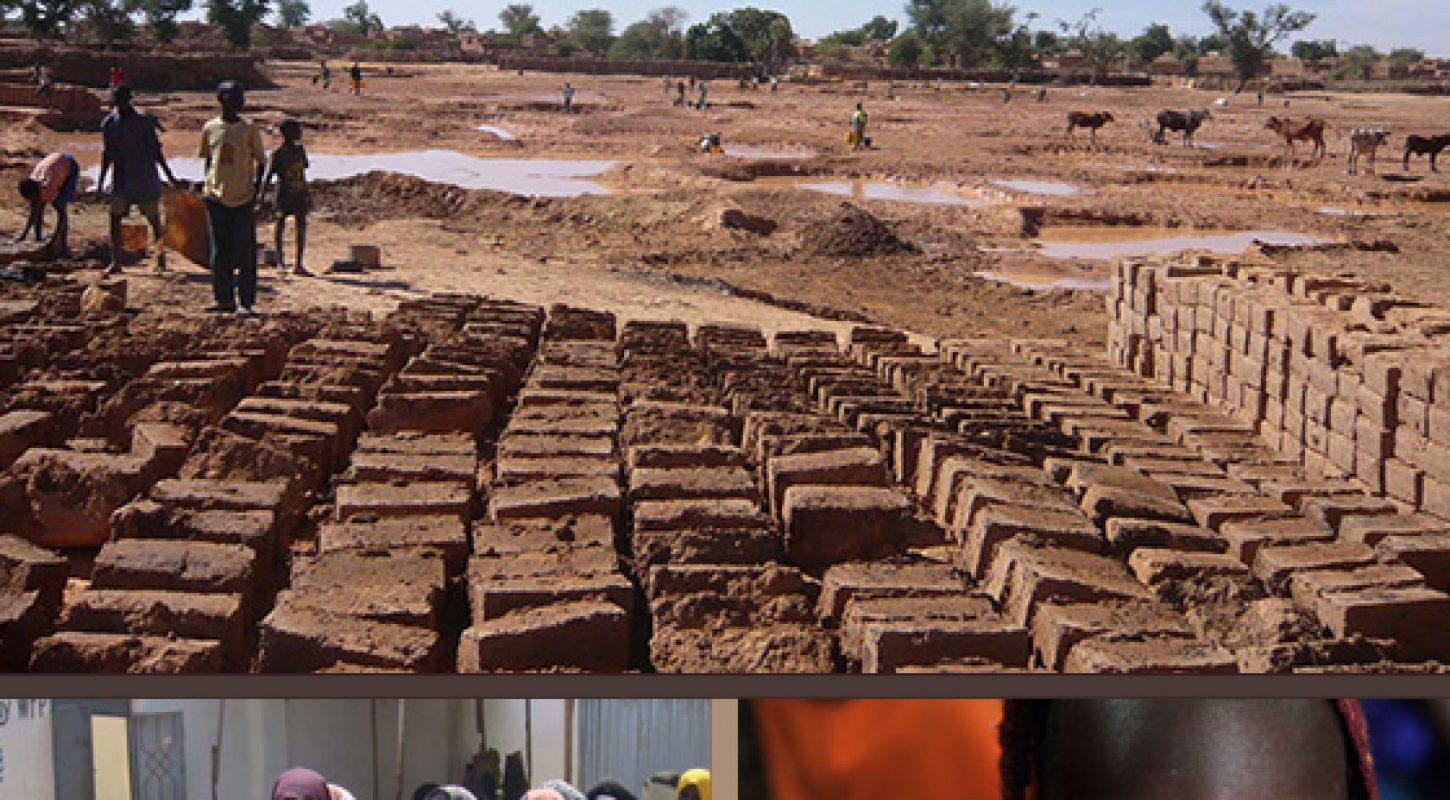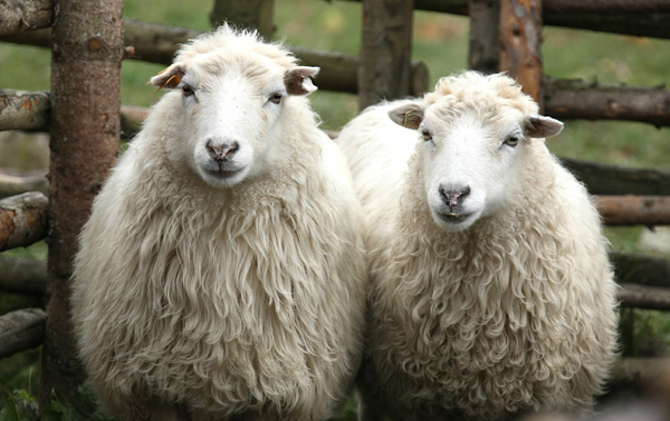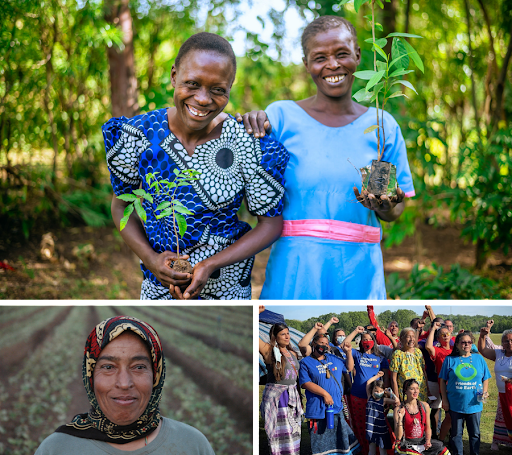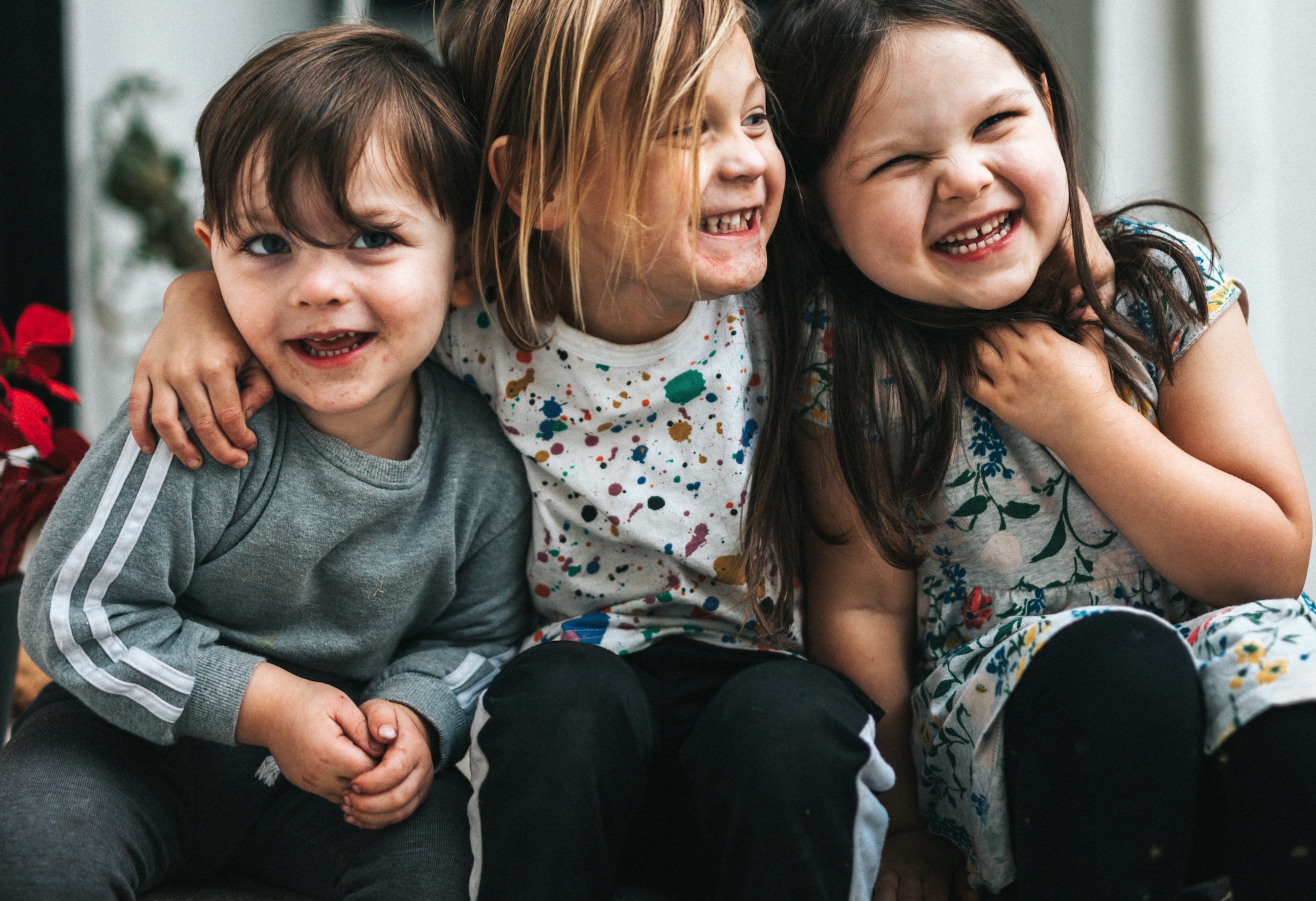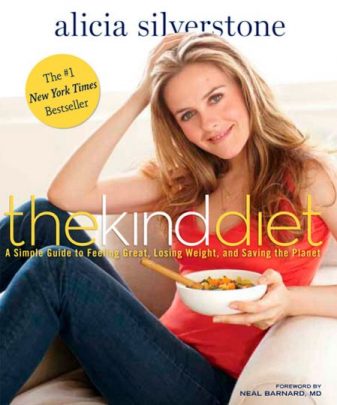A bit ago on PBS, there was a segment about how global warming is causing a devastating drought in Niger. The drought has led to a food shortage that is especially impacting mothers and children.
It is common for Nigerien women to give birth to underweight babies who have not received adequate nutrition in the womb. More than three million Nigerien children are at risk for malnutrition, and many of them have been taken out of school so they can work and help their families put food on the table. Families are split up when fathers and children move from their villages to dangerous cities to find work. Girls younger than fifteen are routinely married off so their families can survive on the dowry traditionally given by the family of the husband-to-be. One in seven Nigerien children die before age five, meaning every mother in Niger is likely to suffer the loss of a child.
Recently, the problems in Niger have been made worse by a cholera epidemic and potential locust infestation. Because of all these issues, Niger lacks the infrastructure to absorb a recent influx of refugees from neighboring Mali. The President of Niger, Mahamadou Issoufou put it succinctly (through a translator):
“I remember the first big drought in 1973-74. Then again, in 1984, we had another one. Since then, the time between droughts has been getting shorter, and I believe this is attributable to climate change.”
All of these problems have compelled Save the Children to name Niger the worst place in the world to be a mother. To be sure, the crisis in Niger is complex, but the root seems to be climate change. So what can we do to help?
We can start by not contributing to the problem. That means eating locally as much as possible, and only buying what you plan to consume…being careful not to waste food. If you don’t finish a meal, your dogs can, or you can compost. We can’t take our resources for granted.
As I discuss in my book, following a plant-based diet dials down our insane consumption of resources like fresh water, oil, coal, and the precious rain forest. Simply by eating kind, you can you can be part of the solution to global problems.
For more information about the crisis in Niger, check out PBS’s documentary series Food for 9 Billion. To get directly involved, you can sponsor a child through Save the Children. You can also host an event, raise money through the workplace, or auction off old items on eBay and donate the proceeds to charity.
Browse Save the Children for more ideas about how you can get involved. And, if none of these are an option, you are still helping the planet by making kind choices in your everyday life.
As a mother, and I think for anyone really, it’s heart-breaking to see A child suffering so and not getting what he needs to live. Let’s end this problem.
What global problem is most important to you right now?
Let me know what issues are on your mind, and I’ll discuss them in a future blog.
